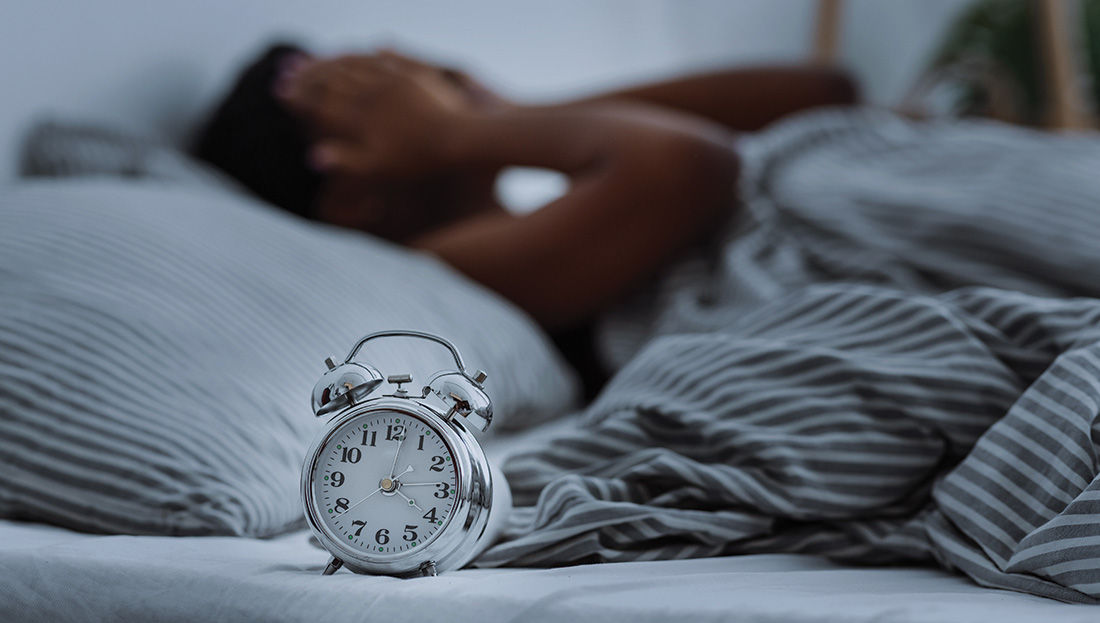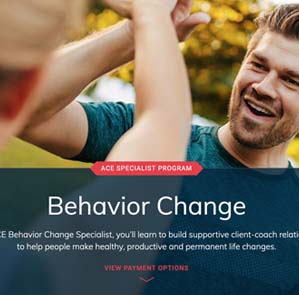
Study: Does a Poor-quality Diet = Poor-quality Sleep?

In a new study, researchers at Uppsala University investigated how junk food affects sleep. Healthy participants consumed an unhealthier as well as a healthier diet in a randomized order. After the unhealthier diet, the quality of the participants’ deep sleep had deteriorated, compared with those who had followed the healthier diet. The results were published in the journal Obesity.
Several epidemiological studies have shown that what we eat is associated with changes in our sleep. However, few studies have investigated how diet itself directly affects sleep. One way to do that is to have the same participant consume different diets in a randomized order.
“Both poor diet and poor sleep increase the risk of several public health conditions,” explains Jonathan Cedernaes, MD, PhD, an associate professor in Medical Cell Biology at Uppsala University in Sweden. “As what we eat is so important for our health, we thought it would be interesting to investigate whether some of the health effects of different diets could involve changes to our sleep.” Dr Cedernaes says that previous studies in this area have tended to look at the mechanistic effect of different diets on sleep. For example, previous epidemiological studies have shown that diets with greater sugar content are linked to poorer sleep. Yet, as Dr. Cedernaes explains, sleep is an interplay of different physiological states.
“Deep sleep can be affected by what we eat,” says Dr. Cedernaes, “but no study had previously investigated what happens if we consume an unhealthy diet and then compared it to quality of sleep after that same person follows a healthy diet. What is exciting in this context is that sleep is very dynamic. Our sleep consists of different stages with different functions, such as deep sleep which regulates hormonal release, for example.”
Dr. Cedernaes adds that each sleep stage is hallmarked by different types of electrical activity in the brain. “This regulates aspects such as how restorative sleep is, and differs across different brain regions. But the depth or integrity of the sleep stages can also be negatively affected by factors such as insomnia and aging. Previously, it has not been investigated whether similar changes in our sleep stages can occur after exposure to different diets.”
The Study
Each study session involved several days of monitoring in a sleep laboratory. A total of 15 healthy young men with abody mass index between 18 and 28 kg/m2 participated in two sessions. Participant screenings included their sleep habits, which had to be normal and within the recommended range (an average of seven to nine hours of sleep per night) to be included in the study.
In random order, the participants were given both a healthier diet and an unhealthier diet. The two diets contained the same number of calories, adjusted to each individual’s daily requirements. Among other things, the unhealthier diet contained a higher content of sugar and saturated fat and more processed food items. The meals of each diet had to be consumed at individually adjusted times, which were matched across the two dietary conditions. Each diet was consumed for a week, while the participants' sleep, activity and meal schedules were monitored.
After each diet, the participants were examined in a sleep laboratory. There, they were first allowed to sleep a normal night, while their brain activity was measured to monitor their sleep. The participants were then kept awake in the sleep laboratory, before being allowed to catch up on sleep. Their sleep was recorded at this time as well.
The Results
“What we saw was that the participants slept for the same amount of time when they consumed the two diets,” says Dr. Cedernaes. “This was the case both while they were following the diets, as well as after they had switched to another, identical diet.”
The researchers were also interested in comparing the properties of the participants’ deep sleep. Across the two diets, the participants spent the same amount of time in the different sleep stages. “Specifically, we looked at slow-wave activity, a measure that can reflect how restorative deep sleep is,” says Dr. Cedernaes. “Intriguingly, we saw that deep sleep exhibited less slow-wave activity when the participants had eaten junk food, compared with consumption of healthier food. This effect also lasted into a second night, once we had switched the participants to an identical diet.” Essentially, he explains, the unhealthy diet resulted in shallower deep sleep.
It's worth noting that similar changes in sleep occur with aging and in conditions such as insomnia. “It can be hypothesized, from a sleep perspective, that greater importance should potentially be attached to diet in such conditions,” explains Dr. Cedernaes.
The researchers do not know how long-lasting the sleep effects of the unhealthier diet may be. The study did not investigate whether the shallower deep sleep may alter functions that are regulated by deep sleep, for example. Nor is it clear exactly which elements of the unhealthier diet negatively impacted the subjects’ ability to sleep deeply.
“Currently, we do not know which substances in the unhealthier diet worsened the depth of deep sleep,” says Dr. Cedernaes. “As in our case, unhealthy diets often contain both higher proportions of saturated fat and sugar and a lower proportion of dietary fiber. It would be interesting to investigate whether there is a particular molecular factor that plays a greater role.”
Dr. Cedernaes also points out the study’s limitation in that its dietary intervention was quite short, and both the sugar and fat content could have been higher. “It is possible that an even unhealthier diet would have had more pronounced effects on sleep,” notes Cedernaes.
What the Research Means to Health and Exercise Professionals
While public efforts to improve Americans’ diets often focus on obesity prevention or management, the impact of diet on other factors, such as sleep quality, and mental and emotional well-being, is often overlooked. Helping your clients understand that nutrition affects more than the size of their waistline or their disease risk may provide the motivation needed to start making small but impactful changes.
The key word here is small—radically overhauling one’s diet rarely results in lasting positive change. Instead, help your clients identify one action or habit that could be changed. This might be something as simple as subbing out prepackaged lunch foods for a favorite fruit or including small portions of hummus or ranch dressing to make carrots or broccoli florets more appealing. Learning to recognize the negative effects of eating certain foods—feeling sluggish or sleepy after eating an oversized muffin or a package of cookies, for example—or the lack of energy that comes from skipping meals can also be helpful when trying to make better choices.
Changing one’s eating habits can be a major challenge for many people, but there’s no question that it is worth the effort. Helping your clients to view food as a powerful tool that can influence everything from their energy level to their mental and emotional well-being—all of which are linked to sleep quality as well as nutrition—has the potential to dramatically improve the quality of their lives.
Expand Your Knowledge
ACE Behavior Change Specialist Program
As an ACE Behavior Change Specialist, you’ll learn to build supportive client-coach relationships to help people make healthy, productive and permanent life changes.
ACE Fitness Nutrition Specialist Program
As an ACE Fitness Nutrition Specialist, you’ll help your clients make healthier, long-lasting food choices through nutrition education and behavior change.
Sleep, Stress Management and Recovery
Create personalized sleep, stress management and recovery plans that improve client results and overall well-being. This first-of-its-kind program equips you with the comprehensive science and advanced coaching methods you need to help everyone—from everyday people who are stressed-out and struggling to see results, to elite athletes and top performers who are seeking that extra edge—achieve restorative sleep, manage daily stressors and learn how to recover in ways they never knew existed.

 by
by 




